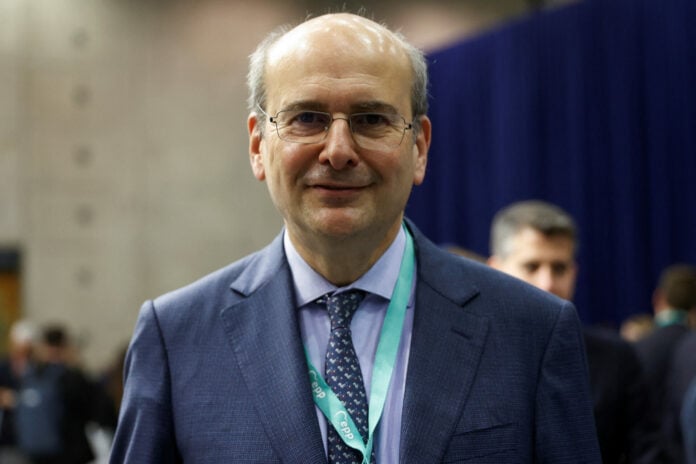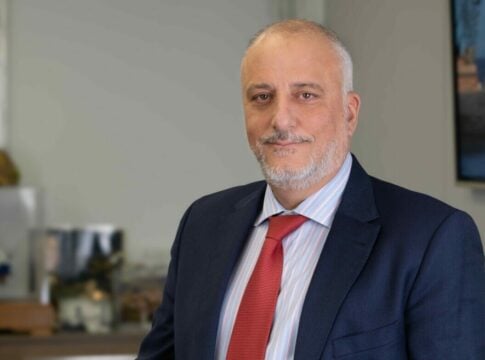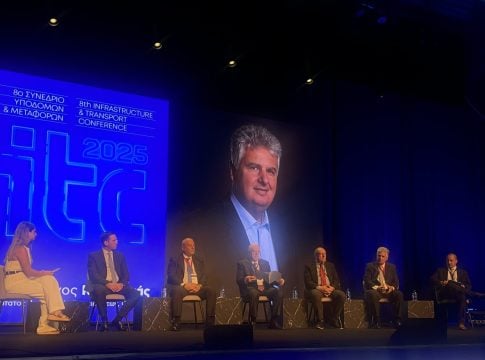“In 2023, for the first time since 2008, the migration balance became positive: 47,200 Greeks returned, 32,800 left. Greece is no longer an escape route, but an option for return. Today we are no longer talking about a mass exodus, like in the decade of the crisis. And these figures cannot be disputed.”
These data were presented by Deputy Prime Minister Kostis Hatzidakis, speaking at the Brain ReGain Annual Conference held at the Athens Concert Hall.
400,000 out of 600,000 Greeks of the brain drain have returned
According to official Eurostat data cited by Hatzidakis, 400,000 out of 600,000 Greeks of the brain drain generation returned by the end of 2023.
The Deputy Prime Minister stressed that the government has set the goal of reversing the brain drain from day one. This is because, as he explained, “we perceive it as a national obligation. Towards the parents who see their children far away. Towards the thousands of talented young people who left not by choice, but by necessity. But also towards the country, because without the appropriate human capital we risk being trapped in an economy of low expectations.”
The measures implemented
In this context, initiatives were implemented such as:
-Strong tax incentives (50% reduced income tax for 7 years) for the return of the brain drain generation. “I was pleased to read in your survey that 49% of those who returned stated that these initiatives played a decisive role. This is the greatest reward: the measures bring results,” he stated.
-ReBrain Greece and the Career Days. “We held events in London, Amsterdam, Düsseldorf, connecting Greek businesses with Greeks abroad. The participation was impressive. And it proves something important: that our children want to return, if the conditions are right,” he said.
-Important institutional interventions, such as the recent initiative of Kyriakos Mitsotakis for the automatic recognition of medical specialties by the US.
“There is still a lot of work to be done”
Hatzidakis acknowledged that not all problems have been resolved, and there is still a lot of work to be done. Among other things:
-For real convergence towards the most advanced countries of the European Union.
-For the development of sectors that employ specialized scientists, with competitive salaries and a modern working environment, with initiatives such as -the startup visa and non-state universities.
-For more effective social services, better schools, modern hospitals.
-For reducing bureaucracy.















